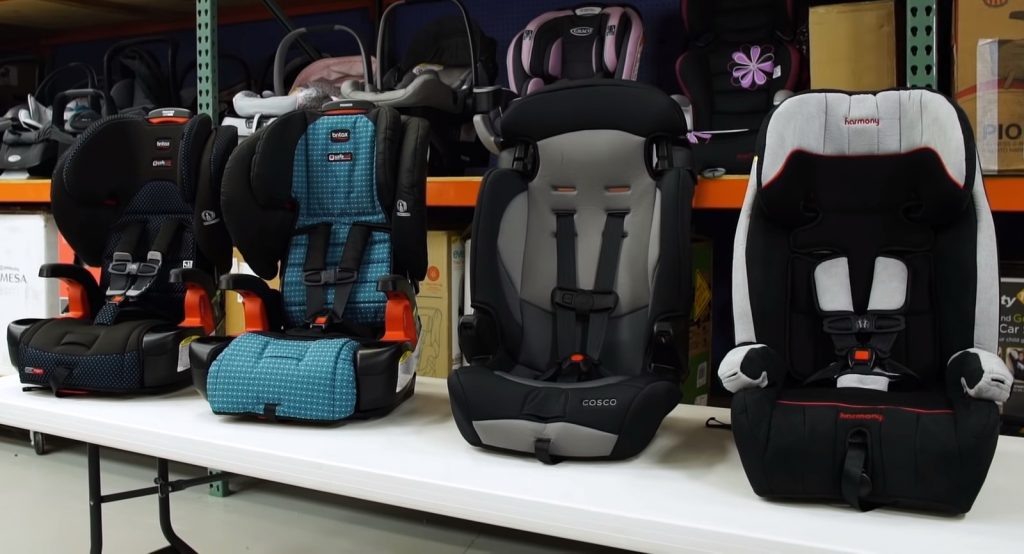The performance of four child car seats during Consumer Reports’ recent evaluation raised safety concerns when parts of them broke during testing.
CR has been conducting their own comparative child seat tests since 2014 in order to simulate real-world conditions, and its tests that are considered more rigorous than the mandatory federal crash test requirements all seats of this type must meet.
The four seats in question are the Britax Frontier ClickTight, Britax Pioneer, Cosco Finale, and Harmony Defender 360.
During CR’s tests, the seats are evaluated for their crash protection on three scales: Basic, Better and Best. All four of the aforementioned seats were classified as “Basic” in CR’s evaluation.
Testers found that the load-bearing components at the back of the seats broke during testing with dummies whose weight was near the seat’s limits. CR says that in real-world crashes that are equally bad or even worse as their simulated tests, these structural failures pose an increased risk for the child’s head to come into contact with some part of the vehicle’s interior or even cause the child to be ejected from the seat. However, CR notes that they haven’t heard of any injuries related to these structural failures.
The dummies in CR’s tests simulated an average six-year-old child and either a heavier six-year-old or 10-year-old child. The specific seats’ results included damaged harness systems and broken support parts for the headrest, shell and even the structure that anchors the seat’s top tether.
All three companies (Britax, Cosco and Harmony) reiterated the safety of their seats and repeated that they meet federal safety standards, noting that CR’s tests differ from the government’s.




